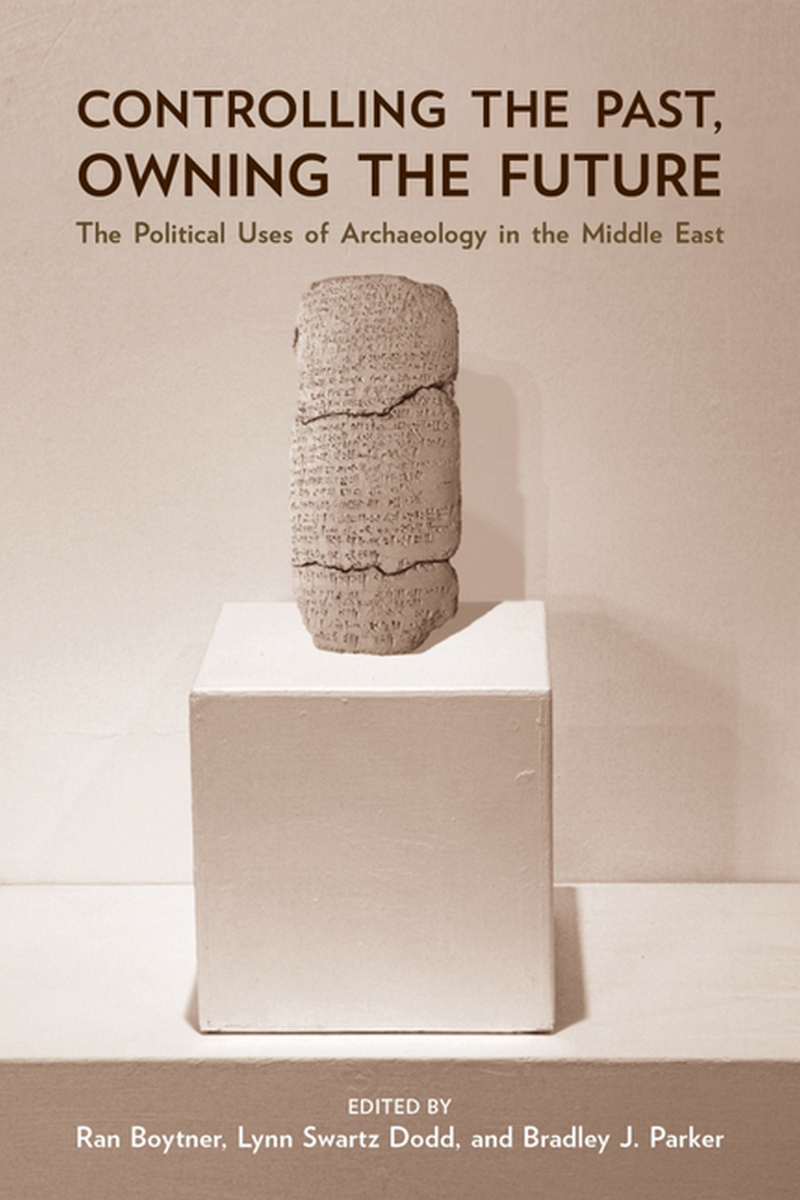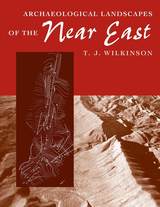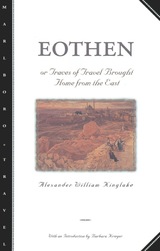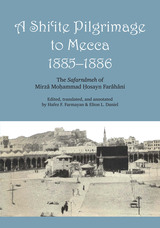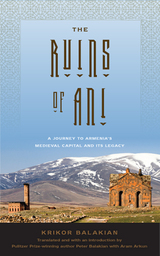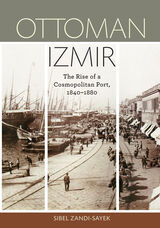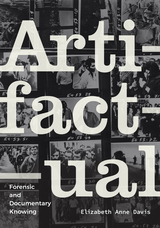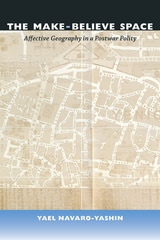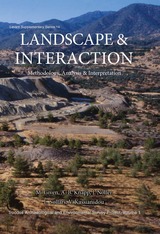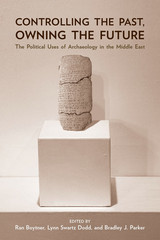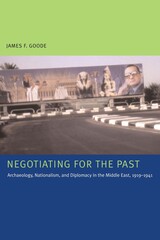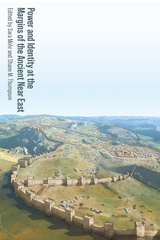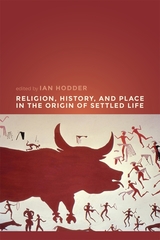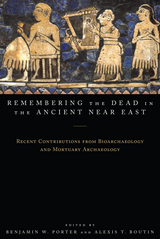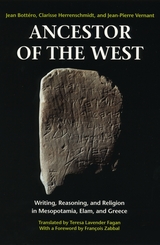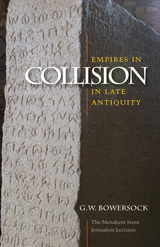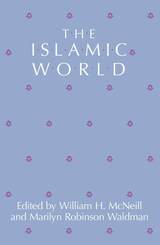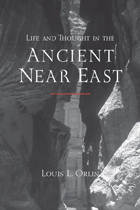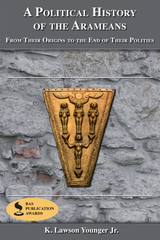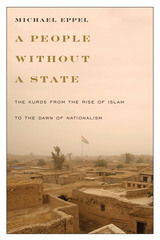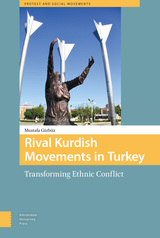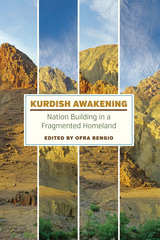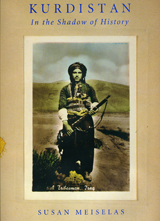Controlling the Past, Owning the Future: The Political Uses of Archaeology in the Middle East
University of Arizona Press, 2010
eISBN: 978-0-8165-4375-5 | Cloth: 978-0-8165-2795-3
Library of Congress Classification DS56.C625 2010
Dewey Decimal Classification 363.690956
eISBN: 978-0-8165-4375-5 | Cloth: 978-0-8165-2795-3
Library of Congress Classification DS56.C625 2010
Dewey Decimal Classification 363.690956
ABOUT THIS BOOK | AUTHOR BIOGRAPHY | TOC
ABOUT THIS BOOK
What are the political uses—and misuses—of archaeology in the Middle East? In answering this question, the contributors to this volume lend their regional expertise to a variety of case studies, including the Taliban’s destruction of Buddhas in Afghanistan, the commercialization of archaeology in Israel, the training of Egyptian archaeology inspectors, and the debate over Turkish identity sparked by the film Troy, among other provocative subjects. Other chapters question the ethical justifications of archaeology in places that have “alternative engagements with the material past.” In the process, they form various views of the role of the archaeologist, from steward of the historical record to agent of social change.
The diverse contributions to this volume share a common framework in which the political use of the past is viewed as a process of social discourse. According to this model, political appropriations are seen as acts of social communication designed to accrue benefits to particular groups. Thus the contributors pay special attention to competing social visions and the filters these impose on archaeological data. But they are also attentive to the potential consequences of their own work. Indeed, as the editors remind us, “people’s lives may be affected, sometimes dramatically, because of the material remains that surround them.”
Rounding out this important volume are critiques by two top scholars who summarize and synthesize the preceding chapters.
The diverse contributions to this volume share a common framework in which the political use of the past is viewed as a process of social discourse. According to this model, political appropriations are seen as acts of social communication designed to accrue benefits to particular groups. Thus the contributors pay special attention to competing social visions and the filters these impose on archaeological data. But they are also attentive to the potential consequences of their own work. Indeed, as the editors remind us, “people’s lives may be affected, sometimes dramatically, because of the material remains that surround them.”
Rounding out this important volume are critiques by two top scholars who summarize and synthesize the preceding chapters.
See other books on: Archaeology and state | Collection and preservation | Cultural property | Past | Protection
See other titles from University of Arizona Press
